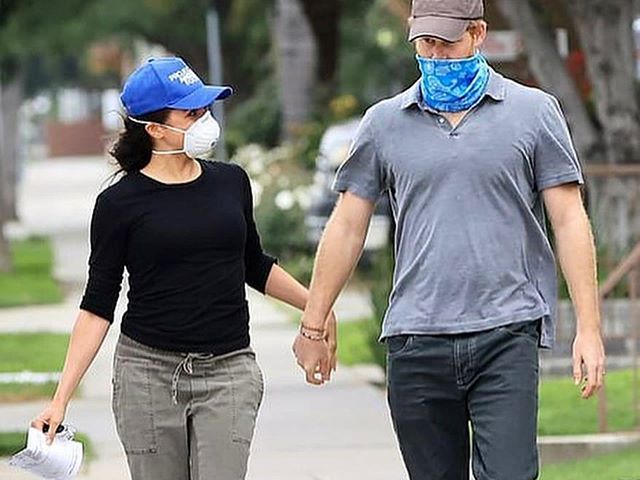Does Phlebotomy a Good Career Choice in Medical Sector
Phlebotomists are expert clinical support workers who collect blood samples of the patients for laboratory examination. For diagnosing illness, at times the physicians recommend to perform blood tests. The phlebotomy experts come into play at this time. They are responsible for collecting blood without affecting the patients or hampering the nursing care they are already entitled to.
Almost all the healthcare institutions have experienced phlebotomists who draw blood smoothly and quickly. It is also their responsibility to store the collected blood and transport it to the appropriate pathology where the medical examinations will be performed.
The jobs of the phlebotomists often go unnoticed. Most of the people have never heard of this profile and is not sure of their job roles. They assume that the process of venipuncture, collection of blood samples and storing the samples are all done by the nursing professionals. Though, many nursing assistants having a degree in phlebotomy perform this job, it is not necessary that only nurses can do this duty. However, to start the career as a professional in this field, it is essential to have a degree.
What to expect from a phlebotomy program?
 The programs are so designed that after completion, the students will have clear understanding of phlebotomy. They will have a clear idea of drawing blood, numerous techniques like venipuncture, heel stick and butterfly, storing blood and components and processing. During the course tenure, they learn to spin tubes in a centrifuge that is important for separating plasma from the serum. The process has to be performed before the sample is sent to the laboratory for medical examination. In addition with these, the students need to have knowledge of human circulatory system, medical standards, code of practices and infection control to perform their role proficiently.
The programs are so designed that after completion, the students will have clear understanding of phlebotomy. They will have a clear idea of drawing blood, numerous techniques like venipuncture, heel stick and butterfly, storing blood and components and processing. During the course tenure, they learn to spin tubes in a centrifuge that is important for separating plasma from the serum. The process has to be performed before the sample is sent to the laboratory for medical examination. In addition with these, the students need to have knowledge of human circulatory system, medical standards, code of practices and infection control to perform their role proficiently.
There is no need to have a certificate to start a phlebotomy career. However, having a certificate enhances the prospect of job opportunities.
What kind of jobs you can expect as a phlebotomist?
A certified professional can expect to have entry level phlebotomy technician jobs in hospitals, diagnostic labs, medical centers, clinics and outpatient centers. At the outset, you may be working under the guidance of physician, nurses or senior professionals. Though, the program imparts both theoretical and practical knowledge working in a real environment is solely different. A new technician, therefore, requires training for performing their jobs in a real set up. Training will be entirely on the job and they will learn to take blood from various patients including the children and the elders.
What are the challenges that you may face while drawing blood?
It is very difficult to take blood samples of the children, because they are afraid of venipuncture process. Consoling them and collecting the samples is a crucial part of their jobs. Apart from that, the technicians often face challenges while drawing blood from the newborns. They have tiny veins that move around a lot. Unless a professional have a steady hand, it will be impossible to collect the samples.
What will be the duties when you become a professional?
Though, the duties that the phlebotomists need to perform differ according to the type of organizations, all of them have to perform certain basic jobs. These are:
- Explaining the procedures to the patients
- Collecting blood samples
- Cleaning and sterilizing equipment
- Taking the patient’s blood pressure, pulse and respiration rate
- Updating patients’ records
- Preparing stains and reagents
Do you need to continue the learning process?
Many technicians believe that there is nothing more to learn once they get the job opportunity. However, the medical sector is evolving every single day and you need top constantly learn new things. To keep moving, attend different seminars on your subject. Relevant online courses are also very helpful that can keep you updated in this matter. To progress further in career, the phlebotomy experts can pursue the nursing assistant degree or other relevant medical degree.
Author Bio:
Jacob Brown is an educationist and a web enthusiast with interest in the field of vocational training. He is a well-known name in the blogger community and composes his write ups on healthcare and relevant vocational education. The objective is to provide insight on and deal with issues of phlebotomists.









